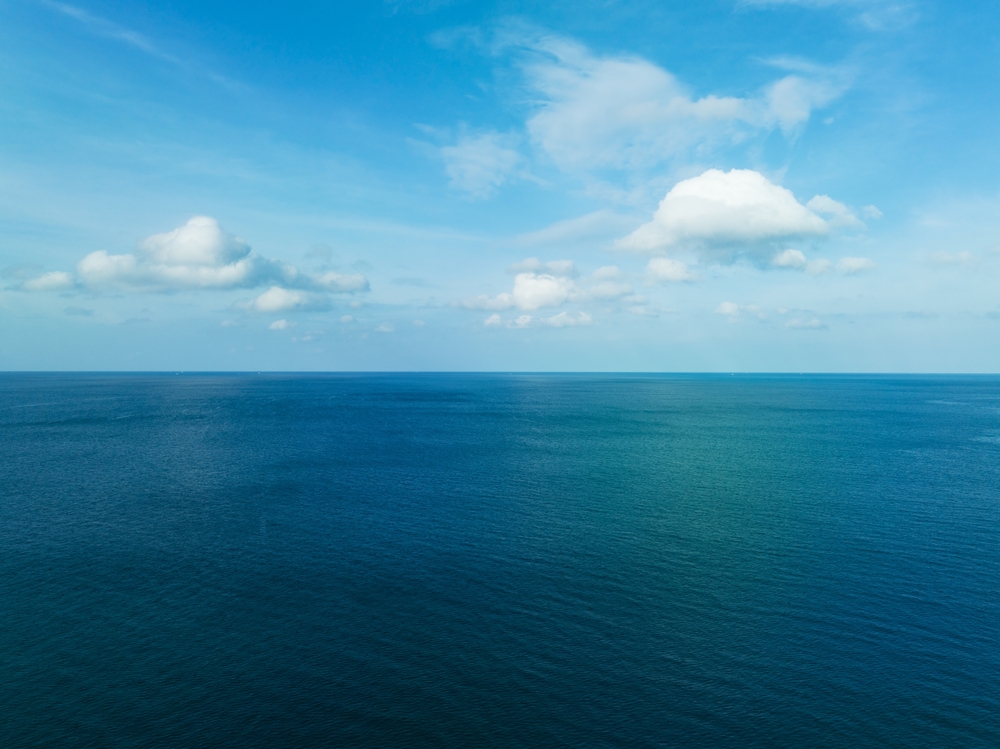Forever Chemicals Pollute Baltic and North Seas, Greenpeace Warns
Others are reading now
Walking along the shore, watching the waves crash, and breathing in the salty air is something many people love.
But what if that refreshing sea breeze carried something harmful? On the German coastlines of the Baltic and North Seas, Greenpeace has uncovered a serious pollution problem.
The culprit is PFAS, a group of chemicals that don’t break down for centuries.
Greenpeace recently conducted tests in popular swimming areas. The results were alarming, reports WP.
Also read
They found extremely high levels of PFAS in places like the islands of Norderney and Sylt, as well as Sankt Peter-Ording, Boltenhagen, and Kühlungsborn.
Some samples exceeded Danish safety standards by up to 3,777 times.
PFAS are used in many everyday products, from waterproof clothing to food packaging, electronics, and even medical equipment.
These chemicals resist water, grease, and heat, which makes them useful for manufacturers. But their persistence in nature has earned them the nickname “forever chemicals.”
They do not degrade and instead build up in the environment, including in the human body.
Studies have linked PFAS exposure to serious health problems. These include cancer, hormone disruption, and reproductive issues.
Some of these chemicals remain in the body for years, increasing the risk of long-term health damage. PFAS also contaminate the food chain, spreading through water and soil.
Greenpeace argues that industries have safer alternatives and should stop using PFAS. However, chemical companies continue to resist stricter regulations.
Greenpeace is calling on the German government to take action. Julios Kontchou, a Greenpeace ecotoxicologist, stated that authorities must protect both people and nature from the powerful influence of the chemical industry.
The organization demands an immediate ban on PFAS in everyday products.
The situation on Germany’s coasts is just one example of a larger global problem.
If action isn’t taken soon, these toxic chemicals will continue to spread, affecting ecosystems and human health for generations to come.

